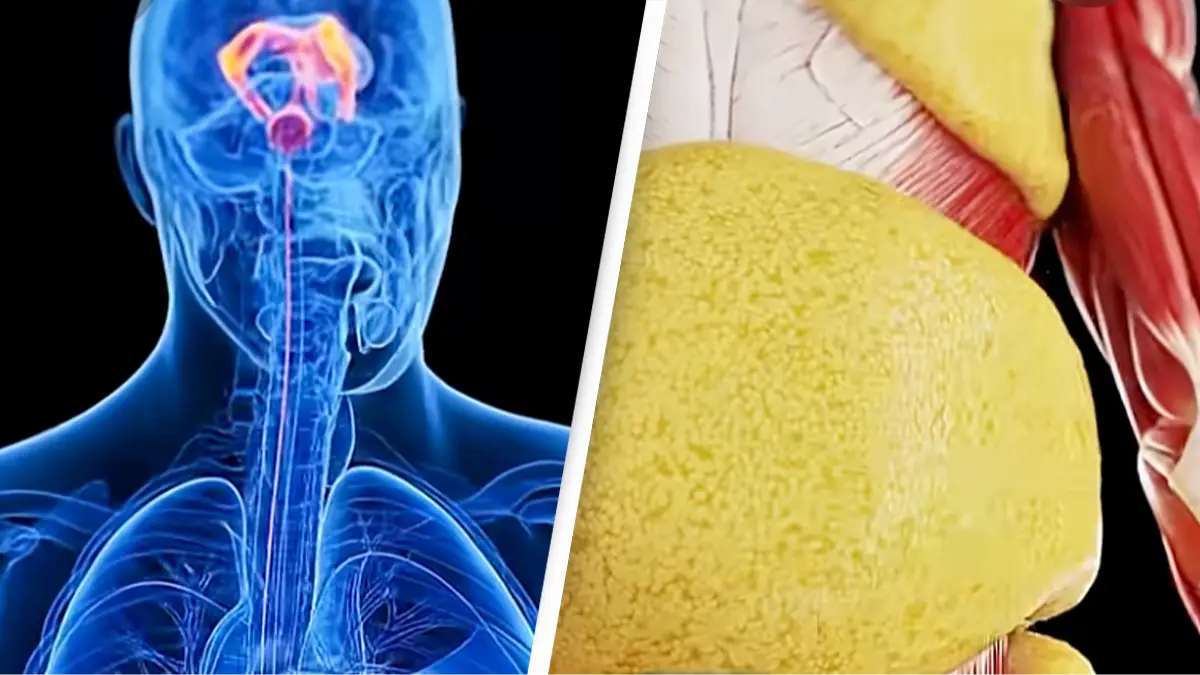
A simulation video which has gone viral has revealed exactly what happens to your body if you decide to fast for 24 hours.
There are many different ways to shed the pounds, and you've probably seen intermittent fasting as one of several social media trends to have taken off among fitness circles.
However, deciding to give up some of your meals in the day is certainly a more extreme way to lose weight, and a viral simulation video has detailed the eye-opening reality of not eating for a whole 24 hours.
People usually try to do this in an effort to clear dead cells, regenerate tissues, and even boost metabolism in a full biological reset over the course of a day - but it's important to keep in mind what is happening to your body during that time.
Advert

What do doctors say about fasting?
Medics generally agree that intermittent fasting can have benefits, but it's important to check with your doctor before trying it yourself.
Aside from religious observances, plenty of people opt into the practice as a tool to lose weight or be healthier, with the idea behind it being that it gives the body a break from digesting food.
According to Bupa UK, the process can also trigger something called 'autophagy', which is where your body 'works to remove damaged cells from your body'.
Other potential benefits of intermittent fasting include:
- improved gut health
- better sleep
- reduced cardiovascular risk factors, including lower blood pressure
- lower inflammatory markers (linked to many chronic diseases)
However, medics do warn that there's not enough evidence to understand what would happen if you did it over a prolonged time period, while any of the following people would be deemed unsuitable candidates:
- if you are pregnant
- have type 1 diabetes
- have a history of disordered eating
- have anxiety or depression
So, what happens inside the body during a 24-hour fast?
Four hours of fasting
A simulation from GrowFit Health on YouTube revealed that you may feel a little hungry as your body stops digesting food, causing your insulin levels to drop - and this happens within just the opening four hours.
Shortly after, your body will then start burning stored sugar as an energy source, starting the first of several processes.

Eight hours of fasting
After eight hours of fasting, blood sugar levels start to run low, so your body resorts to using glycogen from storage as energy.
This is when people will start to notice a difference in the way they are feeling, despite only being a third of the way into the fast.
12 hours of fasting
12 hours into the fast, the simulation video detailed that your body enters mini-ketosis mode, which is where the body produces and uses ketone bodies, essentially turning fat into fuel.
And while you would have likely experienced excessive hunger previously, Healthline explains such science going on at 12 hours can result in decreased appetite and weight loss, but also fatigue.
16 hours of fasting
16 hours in is when things change considerably as autophagy begins and your body begins to consume its own tissue, by recycling and breaking down damaged cells and toxins.
Such activity provides plenty of health benefits, like getting rid of nonfunctional cell parts, and even removing viruses and bacteria, according to Cleveland Clinic.
24 hours of fasting
Getting to 24 hours of no food sees the 'deep repair' mode take place, as fat basically becomes your main fuel.
Inflammation in the body also decreases as your sensitivity to insulin improves, in what is said to provide long-term health benefits.
